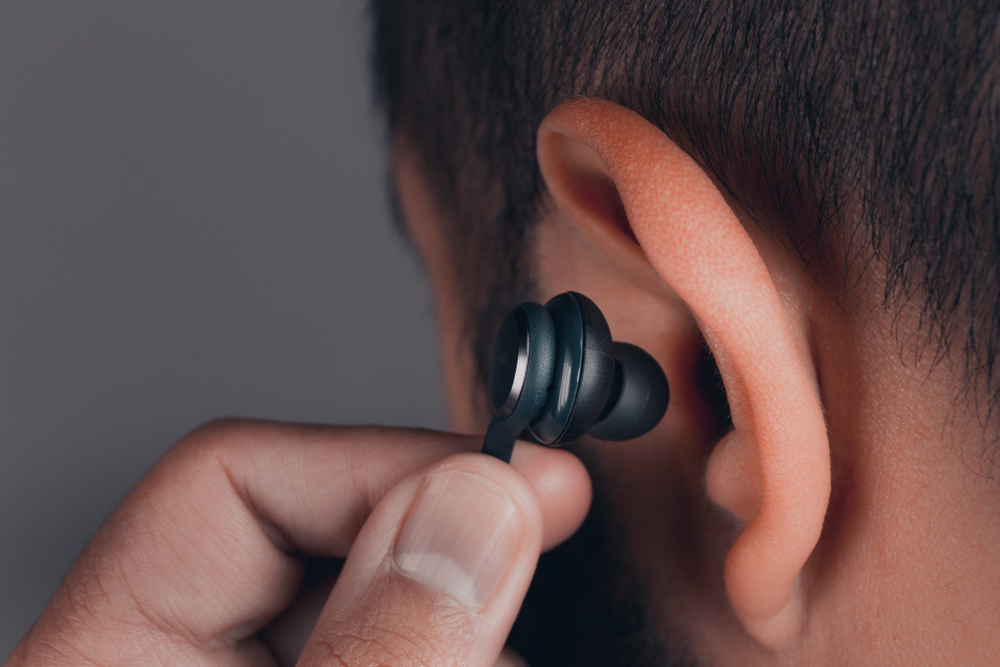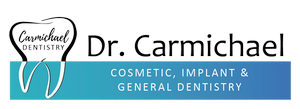Do you get nervous whenever you’re going to the dentist? Don’t worry! Dental anxiety is pretty common as approximately 36% of the population has it. Whether it is fear of pain or not knowing what to expect, there are ways to help with it. That is why this blog will go over how to cope with dental anxiety.
What is Dental Anxiety?
Dental anxiety is the fear, anxiety, or stress of being in a dental setting. Being afraid to visit the dentist can result in patients delaying or avoiding dental treatment. So where does the fear come from? Patients are anxious about dental visits for several reasons, such as:
- Patients anticipating pain
- Negative past experiences
- Fear of needles and drills
- The sterile smell of the dental office
No matter what the origin of the fear is, there are ways to help calm yourself and cope with the anxiety.
Distract Yourself
Patients paying too much attention to the procedure are most likely to get anxious. Taking your mind off what’s going may seem impossible; however, there are ways to help distract yourself and lower your anxiety. Things you can do to distract yourself include the following:
- Listen to music – Listening to music can help pull your attention away from the drill and focus on the music. If the sound of the drill still bothers you, then putting on earphones can help as it helps block the noise
- Occupy your hands – Occupying your hands with something can help divert your focus. Squeezing a stress ball or playing with a small object, like a fidget spinner, can really help
- Use your imagination – Imagining that you’re at your happy place can help. Try imagining being at a relaxing beach or garden

Use Mindful Techniques
Your mind is more powerful than you think. Relaxation starts in the mind. Breathing exercises can help people cope with anxiety. Deep breathing is one of the best ways to lower stress in the body. This is because when you breathe deeply, it sends a message to your brain to calm down and relax. Techniques you can do to help with your anxiety include:
- Counting your breaths – Slowly inhale then exhale for the same number of counts. Do this until you feel that you’ve calmed down
- Relax your muscles – Many times people unconsciously tense themselves up when nervous. Concentrate relaxing your muscles, one body part at a time

Trust and Communication with the Dentist
Communication with your dentist is important when it comes to coping with your dental anxiety. At Carmichael DDS, we care about our patients and want to help them have the best dental experience possible. That is why we emphasize communication. Recommendations that help create trust include:
- Share your fears – If you’re tense or anxious, let your dentist know so that they can adapt to your needs
- Ask questions – Don’t be afraid to ask questions; sometimes knowing what is going to happen helps alleviate fears of the unknown
- Use hand signals – If you feel like you need a break, let your dentist know by raising your hand
It’s normal to have some level of dental anxiety when going to the dentist. At Carmichael DDS, our friendly team will make you feel at ease and provide you with the best dental experience possible. We hope this blog helped you see how to cope with dental anxiety. For all of your dental needs, please call us at (858) 484-2560 or visit our website to book an appointment.




